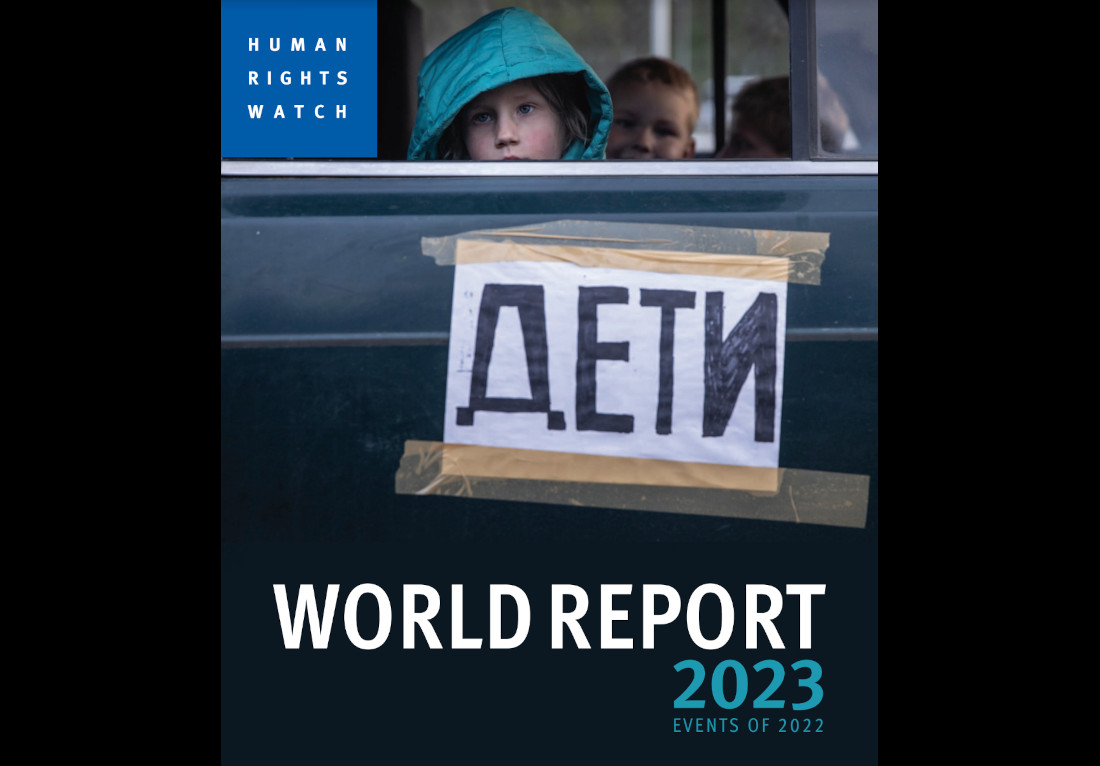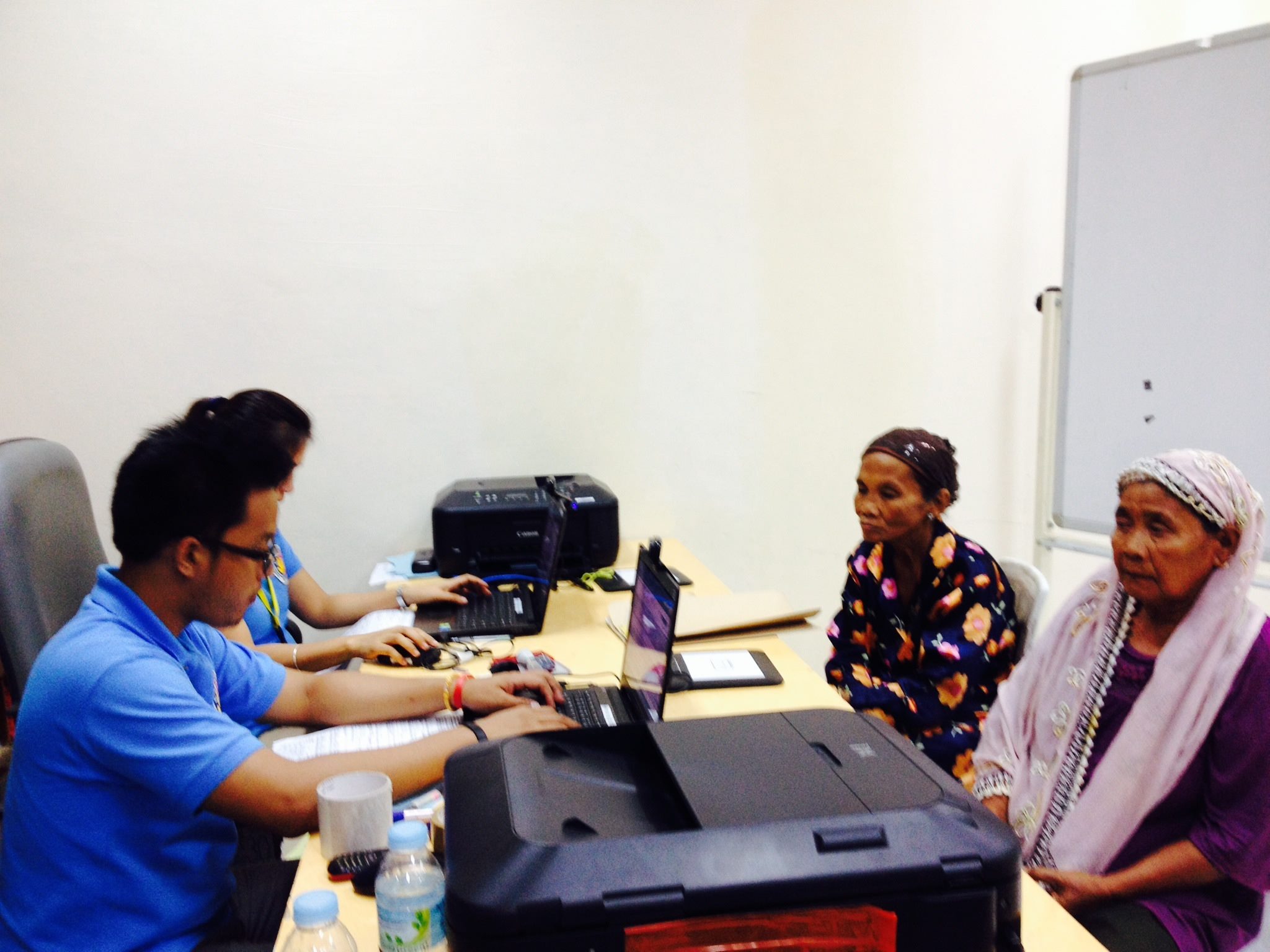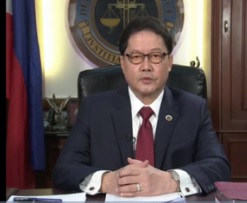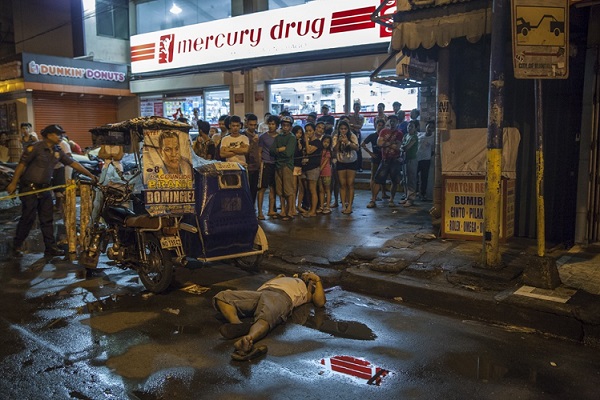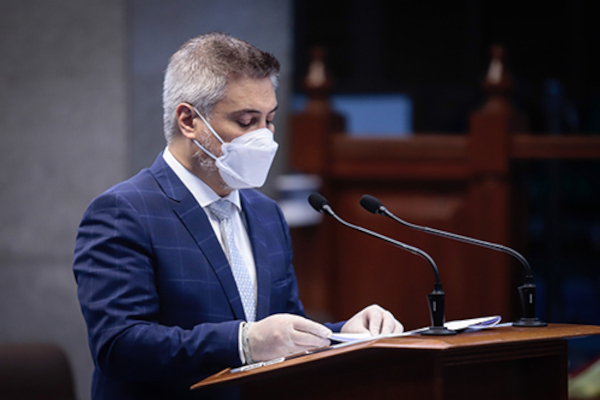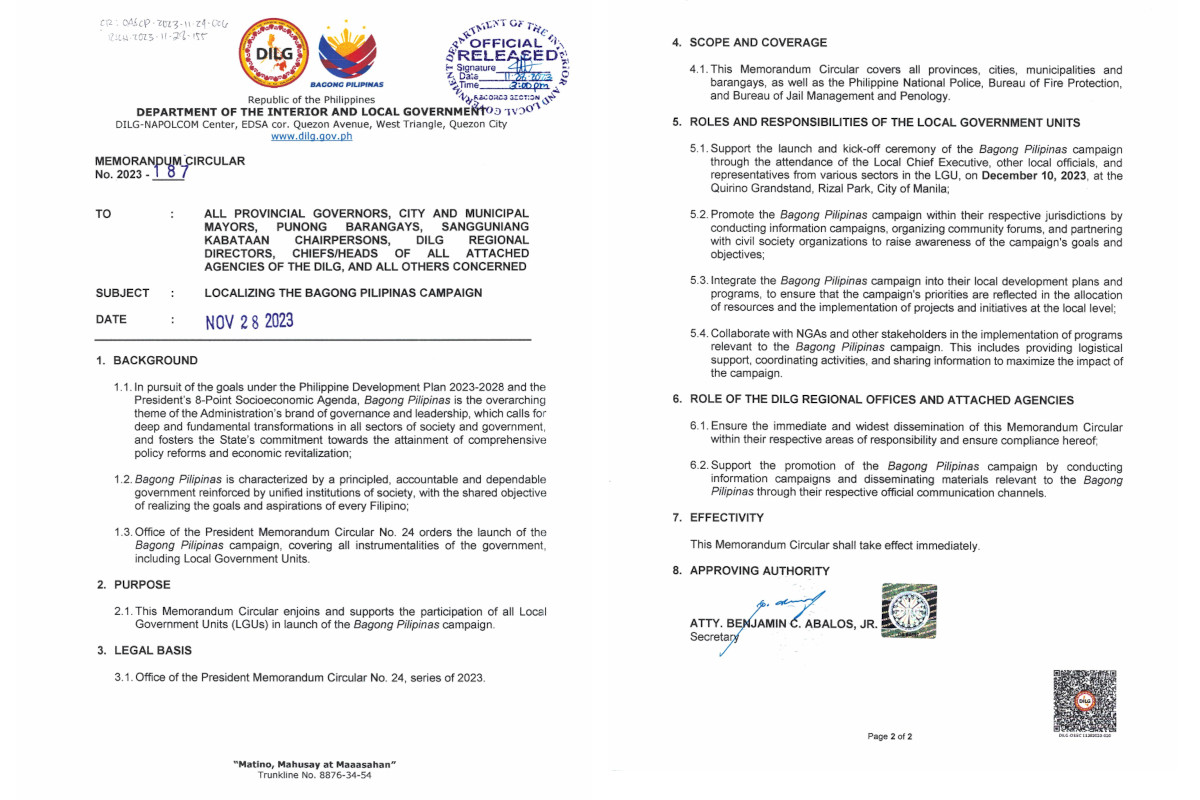Attacks and abuses on human rights of Filipinos further proliferated in 2022 despite a new administration under President Ferdinand Marcos, according to the annual report of Human Rights Watch (HRW).
In its 33rd World Report on the human rights situation in at least 100 countries, HRW said that the human rights situation in the Philippines hardly changed since Marcos assumed the presidency from his predecessor, Rodrigo Duterte, in June 2022. It characterized Duterte’s six-year term as being “defined by the politics of threats and intimidation, thousands of extrajudicial killings of mostly impoverished Filipinos from urban areas, and serious damage to the country’s democratic institutions.”
“President Marcos has sought to reassure the international community that he is committed to human rights. His officials, speaking before the United Nations (UN) Human Rights Council in October, highlighted several steps that they intended to take, while asserting that the human rights situation in the Philippines has improved,” the 363-page HRW report stated.
However, the New York-based group emphasized that “[h]uman rights and civil society groups, debunked these claims with reports to the council of continuing human rights violations.”
HRW’s report echoed the findings of the United Nations Office of the High Commissioner for Human Rights (OHCHR) in September last year on the continued “harassment, threats, arrests, attacks, red-tagging against civil society actors, as well as the continued drug related killings by police.”
The OHCHR report, which assessed the progress of the Philippines-UN Joint Program on Human Rights, also noted that “access to justice for victims of human rights violations and abuses remained very limited.” (See HRW notes ‘deteriorating’ human rights situation in PH; exec seeks international action on ‘major crisis’)
Despite Marcos’ promise to implement a “slightly different” approach on the drug war by focusing on the rehabilitation of drug users, HRW said the police and other government agents have not ceased using unlawful use of force. It also doubled down on the very low conviction rate of police officers involved in drug-related killings, claiming that only 12 out of thousands of cases are under police investigation or active review by prosecutors.
“To date, there is only one case, the video-recorded murder of 17-year-old student Kian delos Santos in August 2017, which resulted in the conviction of police officers,” HRW noted.
Several families of victims and survivors of Duterte’s drug are bent on pursuing justice outside Philippine courts through the Netherlands-based International Criminal Court to prosecute responsible Philippine government and police officials. (See ICC chamber invites victims, PHL government to submit ‘views, concerns’ on call to resume drug war probe)
In November last year, the Philippine National Police (PNP) reported 46 fatalities from 18,505 anti-drug operations since July 2022 under the Marcos administration. The number did not include the killings under the Duterte administration’s drug war, where the PNP official tally reached 6,252 persons killed in 239,218 drug operations from July 1, 2016 to May 31, 2022.
The government’s official death toll also excluded killings by vigilante groups and unidentified gunmen, some of which, HRW claimed, had local police colluding with officials to cover up the deaths.
According to the latest count of Dahas Project, an independent monitoring of drug-related killings by the University of the Philippines-Third World Studies Center, at least 179 deaths related to illegal drugs have been recorded under the Marcos administration from July 1, 2022 to Jan. 7, 2023. (See VERA FILES FACT SHEET: Disparity in body count of drug war victims explained)
HRW further reported the persistence of killings of journalists in the country, with four deaths recorded last year, the most high-profile being the shooting of radio commentator Percival “Percy Lapid” Mabasa and the stabbing of radio broadcaster Renato Blanco. It also said the government weaponized “several times” the cyber-libel law against journalists, columnists, critics, and ordinary social media users.
Citing figures from the Justice department as of May 2022, HRW said only 12 cases out of 3,700 cyber-libel cases filed ended in conviction. One of the most recent convictions for cyber-libel involved Baguio journalist Frank Cimatu in December last year over a Facebook post in 2017 criticizing former agriculture secretary Manny Piñol.
HRW also took note of the continued red-tagging of activists, leaders and lawyers of peasant organizations and human rights groups despite National Security Adviser Clarita Carlos’ opposition to the practice.
Among the victims of red-tagging last year was Manila Regional Trial Court Judge Marlo Magdoza-Malagar, whom former anti-communist task force spokesperson Lorraine Badoy reportedly threatened to kill in a social media post for dismissing the government’s petition to outlaw the Communist Party of the Philippines-New People’s Army. In October 2022, the Supreme Court ordered Badoy to answer two indirect contempt cases for the alleged death threat.
“The military, police, and other national security forces have actively used social media to convey ‘red tagging’ threats, and in several cases, those red-tagged persons were subsequently killed by unknown gunmen,” HRW said.
The government’s crackdown on communist insurgency has also targeted several media outlets. In July 2022, the websites of alternative press Bulatlat and Pinoy Weekly were blocked by local internet service providers due to an order of former National Security Adviser Hermogenes Esperon Jr. alleging the two outlets have communist links. Both media outlets denied Esperon’s accusations.
Further, HRW questioned the continued detention for drug charges of former senator Leila De Lima since 2017 despite the recantation of testimonies of key witnesses former Bureau of Corrections officer-in-charge Rafael Ragos and her former aide Ronnie Dayan. The group alleged that De Lima’s charges was the Duterte administration’s retaliation for investigating extrajudicial killings under its anti-drug campaign.
HRW also noted the importance of international mechanisms in upholding the human rights obligations of the Philippines. For example, the European Union urged last year the Philippine government to effect “tangible and measurable progress” in addressing human rights abuses to keep its unilateral trade benefits through the Generalized Scheme of Preferences Plus (GSP+).
Despite the continuing human rights abuses in the country, HRW noted that the Philippines remains the biggest recipient of U.S. foreign military assistance in the Asia-Pacific region, amounting to US$1.14 billion since 2015.
“And the Biden administration, despite its rhetoric about prioritizing democracy and human rights in Asia, has tempered criticism of abuses and increasing authoritarianism in India, Thailand, the Philippines, and elsewhere in the region for security and economic reasons, instead of recognizing that all are linked,” HRW acting Executive Director Tirana Hassan said.
